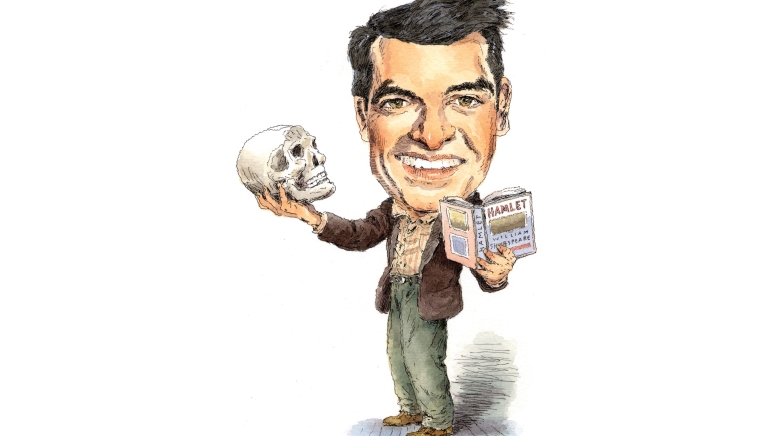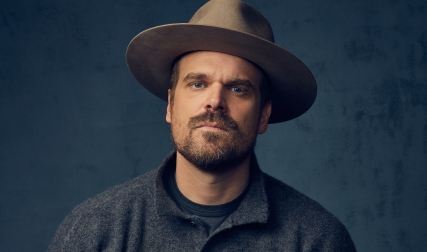Notable: Speaker and author of Learn Better: Mastering the Skills for Success in Life, Business and School, or, How to Become An Expert in Just About Anything (2017), he has also authored The Leap: The Science of Trust and Why It Matters (2014) and The Gardner Heist: The True Story of the World’s Largest Unsolved Art Theft (2009)
Career: Senior fellow at the Center for American Progress, since November 2009; founding editor of The Open Case, 2008-10; associate then contributing editor, U.S. News & World Report,2000-08; research coordinator at Education Week, 2000
Education: A.B., history
Personal: Lives with wife Nora and children Leila, 11, and Sonja, 8, in Washington, D.C.
“There are myths about how we learn. We think using a highlighter and re-reading will get material into our head, but what works are more active ways of making information meaningful.”
“Quizzing ourselves as we read is one of the most productive ways to master information. Pop quizzes work not because of the quizzes but because of the act of retrieving the information.”
“I was a Rassias drill instructor, which taught me a lot about the retrieval process. Often we think we have forgotten something, but it’s buried deep inside our brain and we can’t get to it unless some prompt pulls it out.”
“If I have to give a speech I want to keep my notes close at hand to review, but I’d do better by practicing delivering the speech.”
“Spacing out learning works better than cramming. I have made myself unpopular in my household by insisting my kids save some of their homework for the weekend.”
“The idea that people have different learning styles is another myth. Different material calls for different styles: You learn about music by listening to it, you learn about art by looking at it, you learn about Shakespeare by reading it or performing it.”
“Experimental learning isn’t always a good thing. If I have experience, let me off my leash, but the idea of letting kids run free without experience doesn’t make sense. Someone who hasn’t read a chemistry textbook shouldn’t be encouraged to play with Bunsen burners.”
“The more you mix up your practice the better you’ll do.”
“Versions of online learning can work, but they can’t be passive. Simply putting a lecture on video is not effective.”
“Teachers shouldn’t try to make materials relevant by throwing in references to pop culture; kids need to discover why something is relevant in order to be motivated to learn it.”
“Telling kids that something is easy to learn can be a turnoff, especially when they find out it isn’t. There’s a sweet spot to make something hard enough that it maximizes the learning gain. People want things to be harder and to see forward progress.”
“There’s little proof that gifted-and-talented tracking works. Kids are motivated to learn by special interests or special talents.”
“Sometimes goals can be too large. It’s easier to accomplish things in small bites.”
“Art and music should be defended on their own merits, not because learning those things will make a student better at something else.”
“We expect too much from our schools. We want them to teach our kids to be good sports, to vote, to share their lunches and to master higher-level physics. Schools can’t do everything.”
“I’m a big fan of the Common Core, which allows teachers to employ practices that have been proven to work better. It is built on richer forms of thinking and it’s a shame it has become so politicized.”
“Intelligence is not fixed at birth. Learning is something we can all get better at.”
Illustration by John Cuneo




